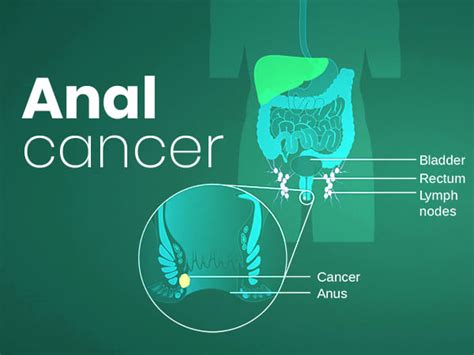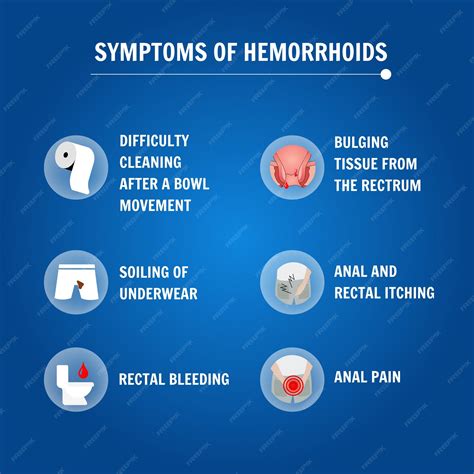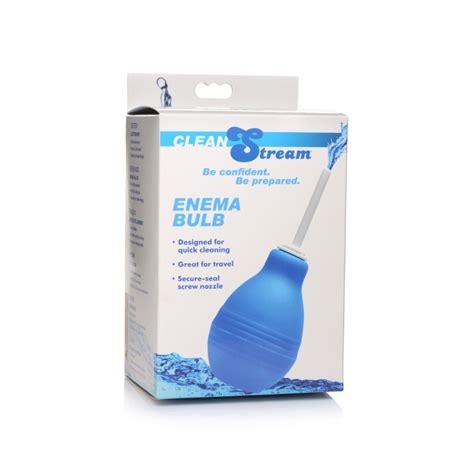Intro
The anus is a vital part of our digestive system, playing a crucial role in eliminating waste from our body. Despite its importance, anal health is often overlooked and stigmatized, leading to a lack of awareness and discussion about the topic. However, it's essential to acknowledge the significance of anal health and take steps to maintain its well-being. In this article, we'll delve into five crucial things to know about anal health, dispelling common myths and misconceptions along the way.

1. Anal Health is Linked to Overall Well-being
Anal health is often viewed as a separate entity from overall health, but the two are intricately connected. The anus is home to a diverse range of microorganisms, which play a vital role in our immune system and overall well-being. An imbalance of these microorganisms, also known as dysbiosis, can lead to a range of health issues, including digestive problems, inflammation, and even mental health concerns.
Maintaining good anal health is essential for overall well-being, and this can be achieved through a combination of healthy diet, regular exercise, and good hygiene practices. A diet rich in fiber can help promote regular bowel movements, reducing the risk of constipation and straining during bowel movements. Regular exercise can also help stimulate bowel movements and improve overall digestive health.
Benefits of Good Anal Health
- Reduced risk of anal cancer and other health issues
- Improved digestive health and regular bowel movements
- Enhanced immune system function
- Reduced risk of mental health concerns, such as anxiety and depression
2. Anal Cancer is a Real Concern
Anal cancer is a type of cancer that affects the anus, and it's more common than you might think. According to the American Cancer Society, there were over 8,000 new cases of anal cancer diagnosed in the United States in 2020. Anal cancer can affect anyone, regardless of their age, sex, or background.
One of the most significant risk factors for anal cancer is human papillomavirus (HPV), which is a common sexually transmitted infection. Other risk factors include smoking, a weakened immune system, and a history of anal warts or other anal health issues.
Recognizing the Symptoms of Anal Cancer
- Bleeding or discharge from the anus
- Pain or itching in the anal area
- A lump or swelling in the anal area
- Changes in bowel movements or difficulty controlling bowel movements

3. Anal Fissures are a Common Issue
Anal fissures are small tears in the lining of the anus, and they're a common issue affecting millions of people worldwide. Anal fissures can be caused by a range of factors, including constipation, diarrhea, and anal sex.
Symptoms of anal fissures include pain and bleeding during bowel movements, as well as a visible tear in the anal lining. Treatment for anal fissures typically involves a combination of self-care measures, such as warm baths and anal creams, as well as medical treatment, such as pain relief medication and antibiotics.
Managing Anal Fissures
- Practicing good hygiene and keeping the anal area clean
- Avoiding straining during bowel movements
- Using anal creams and suppositories to promote healing
- Seeking medical attention if symptoms persist or worsen
4. Hemorrhoids are Not Just a Minor Issue
Hemorrhoids are a common issue affecting millions of people worldwide, and they're often viewed as a minor issue. However, hemorrhoids can be a sign of a more serious underlying health issue, such as anal cancer or inflammatory bowel disease.
Symptoms of hemorrhoids include itching, burning, and pain in the anal area, as well as visible lumps or swelling. Treatment for hemorrhoids typically involves a combination of self-care measures, such as warm baths and anal creams, as well as medical treatment, such as pain relief medication and surgery.
Understanding Hemorrhoids
- Hemorrhoids are not just a minor issue, but a sign of a more serious underlying health issue
- Symptoms of hemorrhoids can be managed with self-care measures and medical treatment
- Seeking medical attention if symptoms persist or worsen is essential

5. Practicing Good Anal Hygiene is Essential
Practicing good anal hygiene is essential for maintaining good anal health. This includes keeping the anal area clean, avoiding harsh soaps and cleansers, and wearing breathable clothing.
Good anal hygiene can help reduce the risk of anal health issues, such as anal fissures and hemorrhoids, as well as promote overall well-being. It's essential to practice good anal hygiene after bowel movements, as well as throughout the day.
Tips for Practicing Good Anal Hygiene
- Keeping the anal area clean and dry
- Avoiding harsh soaps and cleansers
- Wearing breathable clothing
- Practicing good hygiene after bowel movements

In conclusion, anal health is a vital aspect of our overall well-being, and it's essential to take steps to maintain its health. By understanding the importance of anal health, recognizing the symptoms of anal cancer, managing anal fissures, understanding hemorrhoids, and practicing good anal hygiene, we can reduce the risk of anal health issues and promote overall well-being.
We encourage you to share your thoughts and experiences with anal health in the comments below. If you have any questions or concerns, please don't hesitate to reach out to us. Let's work together to promote awareness and discussion about anal health.
What is anal cancer?
+Anal cancer is a type of cancer that affects the anus. It's more common than you might think, and it's essential to recognize the symptoms and seek medical attention if you're concerned.
How can I prevent anal fissures?
+Anal fissures can be prevented by practicing good hygiene, avoiding straining during bowel movements, and using anal creams and suppositories to promote healing.
What are hemorrhoids?
+Hemorrhoids are a common issue affecting millions of people worldwide. They're not just a minor issue, but a sign of a more serious underlying health issue. Symptoms of hemorrhoids include itching, burning, and pain in the anal area, as well as visible lumps or swelling.
